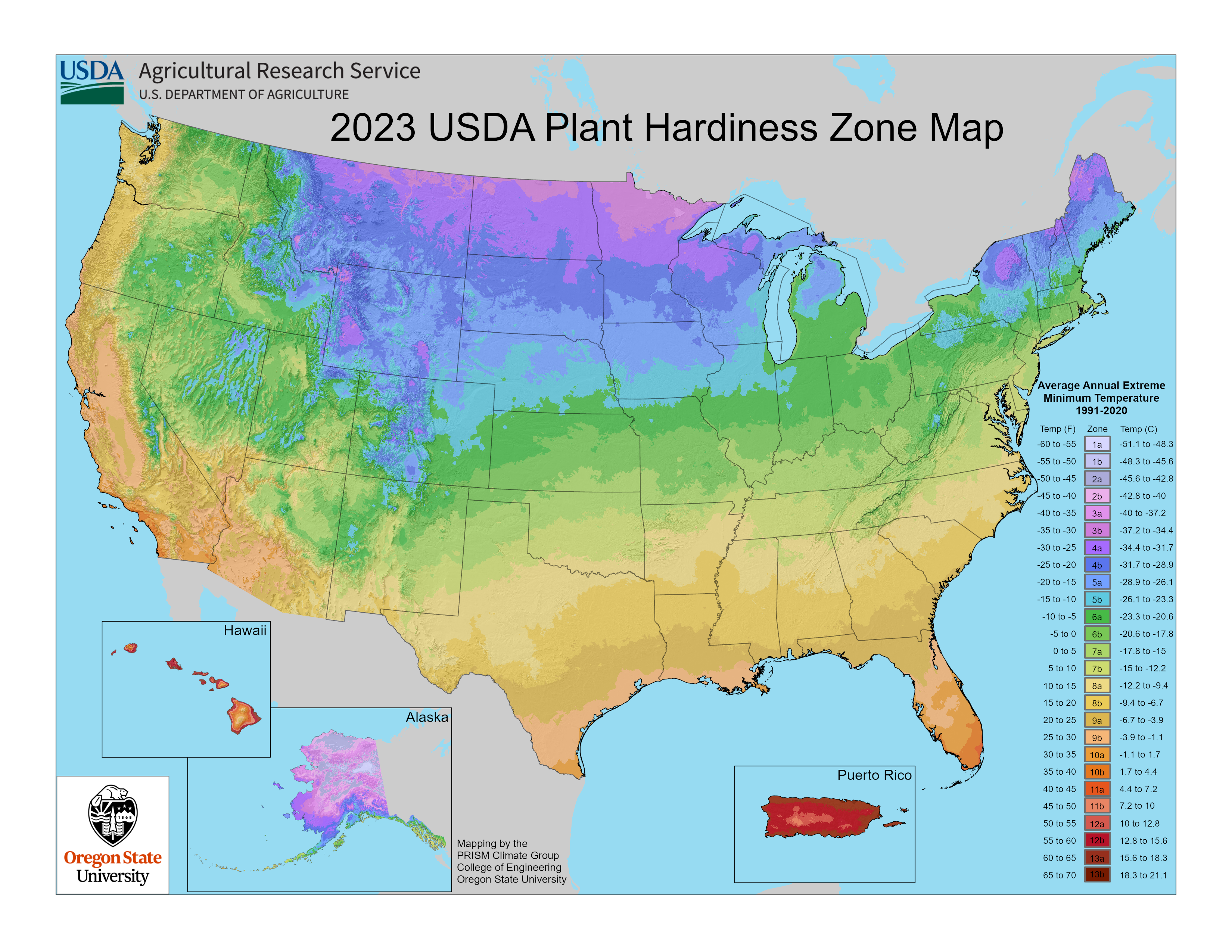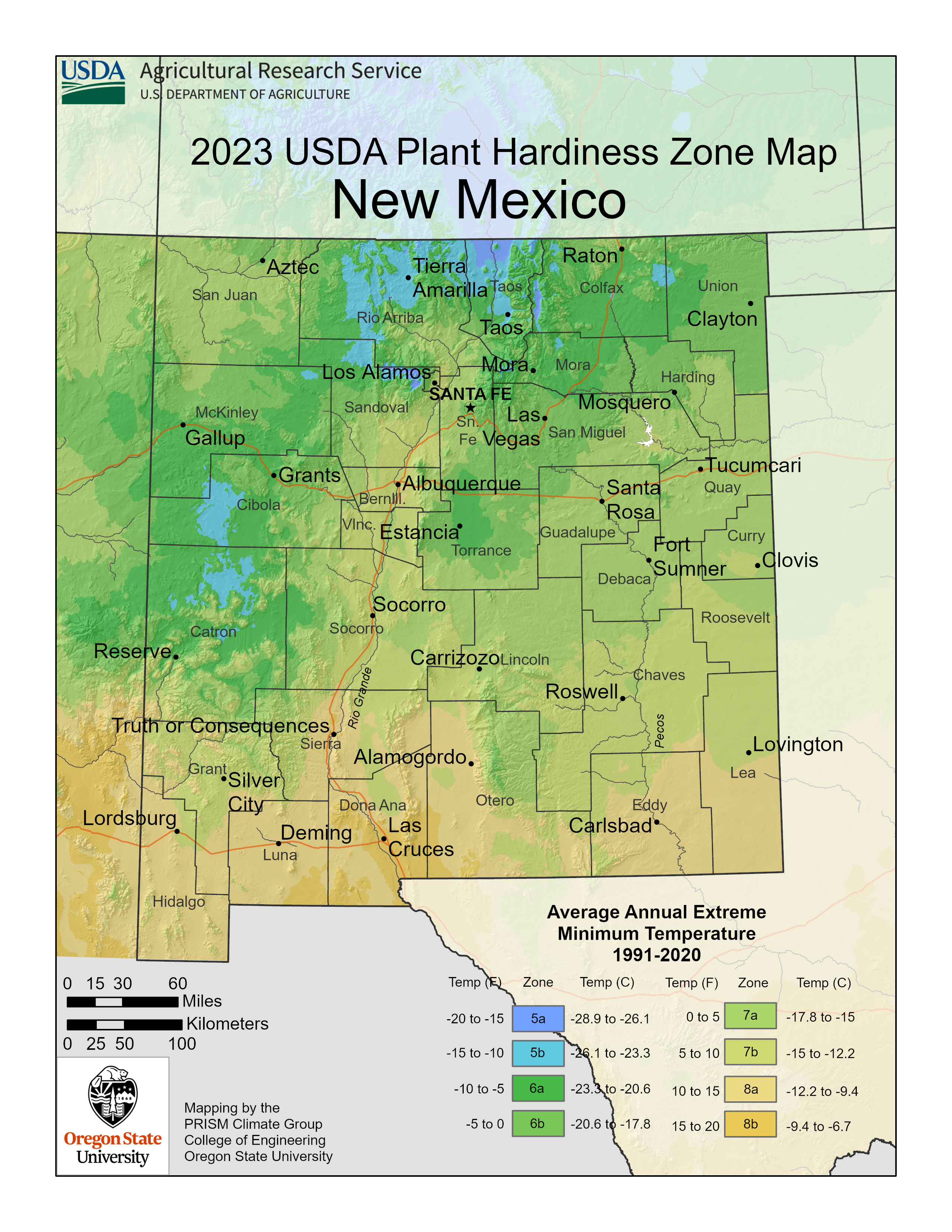Bananas, both organic and inorganic, are one of the most extensively eaten crops on the planet.
Organic approaches rely solely on natural means to boost plant development and eradicate predatory insects, whereas conventional methods use synthetic fertilizers and pesticides.
Organic bananas are tough to carry and keep fresh.
They are pretty delicate, soften, and lose their allure as they ripen.
There are a few possible explanations for why organic bananas frequently stay longer.
For starters, they are commonly harvested significantly greener than non-organic bananas, since store owners anticipate them to sell faster.
Second, Non-organic bananas are sprayed with synthetically produced ethylene gas to accelerate ripening. Organic bananas are not sprayed but instead emit natural ethylene gas as part of the ripening process.
How Do Organic Bananas Last Longer?
The hue of organic bananas indicates that they will ripen slower than non-organic bananas due to the synthetic ethylene gas put on non-organic bananas to accelerate ripening.
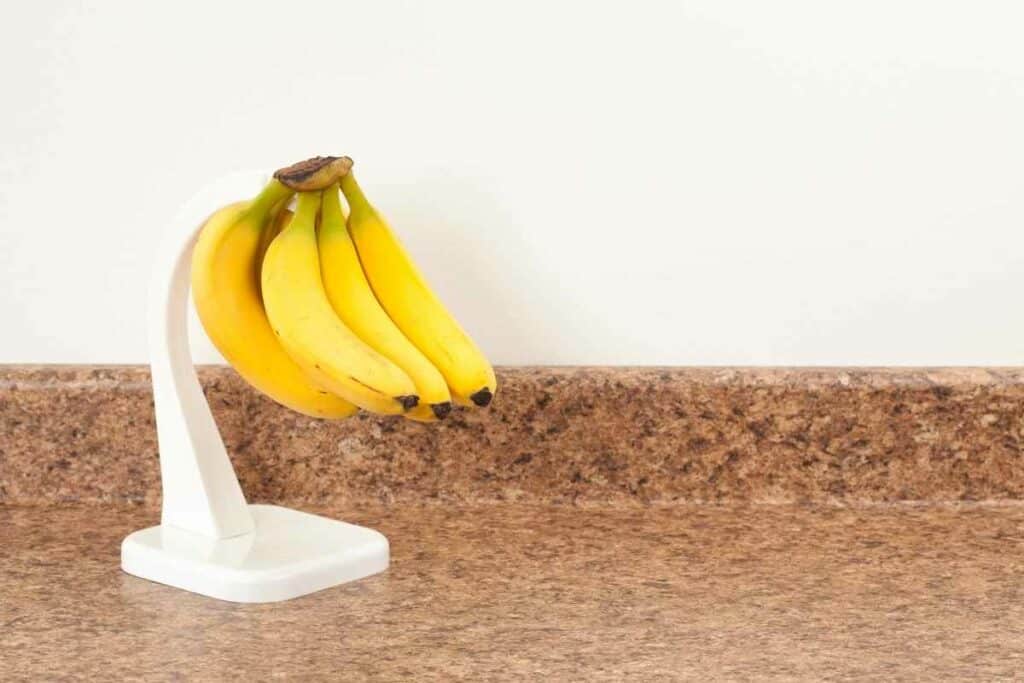
Organic bananas after harvesting are stored in a cold place, out of direct sunshine and away from other fruits that produce ethylene to slow down the ripening.
Temperatures below 39° F begin to break down the cell walls of the banana and may cause the fruit to become gray.
You can’t spray organic bananas; therefore, you can’t hasten the ripening process.
This implies that most organic bananas on supermarket shelves have just recently been removed from cold storage.
They are greener until they have had time to ripen naturally.
Non-organic vs Organic: Non-organic bananas that have been treated with ethylene will continue to ripen quickly. Organic bananas, which mature at a slower rate, generally stay considerably longer.
How to Make Organic Bananas Last Longer
Before You Buy, Double-check
While you may be tempted to buy perfectly ripe yellow bananas at the grocery, choose green or greenish-yellow bananas instead.
Bananas ripen quickly and have a limited shelf life.
Organic bananas that are green at the ends and yellow in the center indicate somewhat under-ripe.
Check for brown spots or imperfections on the bananas. Bruises and punctures expose the banana to air, hastening the ripening process.
Green organic bananas will mature in a few days, allowing you more time to put your bananas to good use.
Ripe bananas must be consumed within three days of purchase, thus buying green bananas will allow you more time to properly store them before the ripening process begins.
Remove the Bag and Separate Them from Other Ripe Fruits
Some people keep fruits and vegetables in sealed plastic bags or brown paper bags.
Organic bananas placed in a bag will only ripen quicker because ethylene, or the gas generated by bananas to accelerate ripening, will accumulate in the bag.
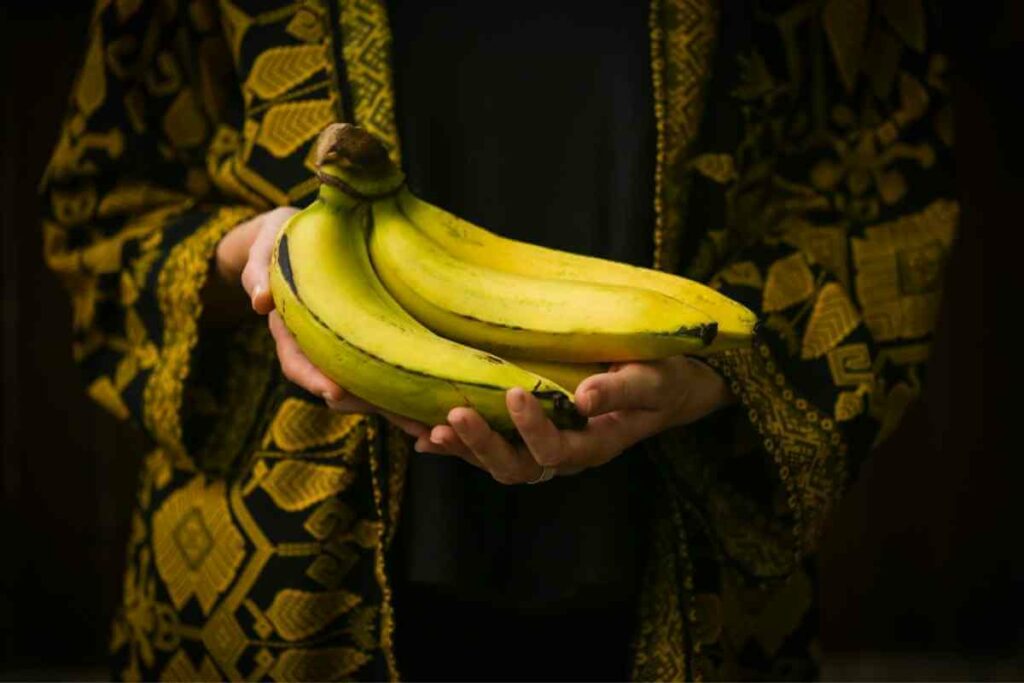
Most people keep in the bag to protect their fruits vegetables from bugs and other diseases. While this may work for specific fruits and vegetables, it is ineffective for bananas.
Separate your bananas from the rest of your fruits and veggies. As previously stated, ethylene is airborne and is frequently derived from other fruits.
When your bananas are placed beside your other fruit, they will absorb their ethylene as well as their own, becoming brown far faster than any other fruit.
Ethylene hastens fruit maturity and abscission.
Be Careful: It would be best if you were extra cautious with fruits and vegetables that have already gone brown, as they emit considerably more ethylene. This is inconvenient and harmful to your organic bananas because they won’t last long.
Hang Your Organic Bananas
Bananas are frequently pushed around and exposed to too much movement when stored in bowls; however, hanging up your organic bananas is one of the most acceptable methods for them to last longer.
Hanging your bananas also reduces their exposure to air and ethylene, two molecules that cause browning and accelerate the ripening process.
Wrap the Stems
You may have noticed that bananas at the grocery are frequently packaged in bunches with plastic wrap wrapped around the stem.
If your organic bananas arrive pre-wrapped, keep them that way.
A large portion of the ethylene emitted by bananas comes from their stems. If the banana is not wrapped, you should cover them with plastic wrap.
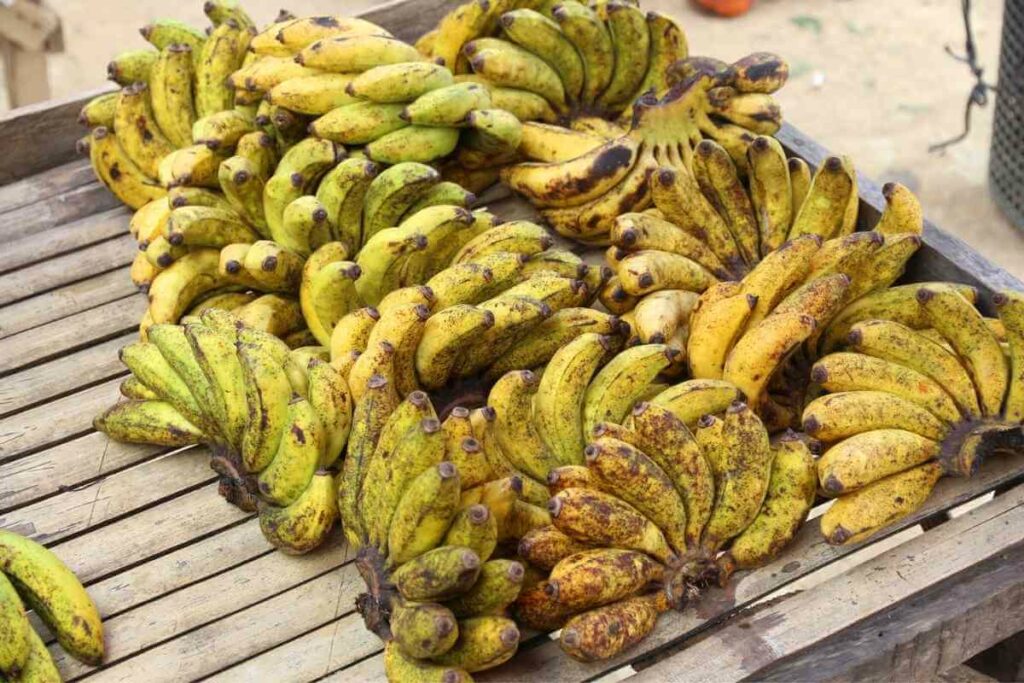
In case you don’t have plastic wrap, you may wrap your banana stems in foil instead. This will be equally effective.
Reasons for wrapping stem of organic bananas:
- To prevent ethylene generated from the stem from traveling down and ripening the banana.
- It inhibits ethylene from being absorbed into the bananas through the stems, which may be present in the air from other fruits.
- It helps to preserve the freshness and texture of your banana.
Every time you remove a banana from the bunch, you must gently wrap it back up so that the bananas may last longer.
Separate and Wrap Individually
Although wrapping your banana stems in a bunch is a good start, some ethylene may still escape because there are spaces between the stems.
When bananas are crowded together, they generate and absorb more ethylene, resulting in browning and overripe bananas.
What you can do:
- Separate them carefully if you want them to survive as long as possible, wrapping the stem of a single banana. It doesn’t matter whether you use plastic wrap or foil as long as the stems are covered tightly enough to avoid ethylene absorption.
- Keeping them separate and safeguarding their stems assures maximum freshness and that the texture remains as pleasant as the day they became ripe. The advantage is that you don’t have to unwrap the stems when consuming your bananas.
- You may open the bananas from the opposite end without removing the stem wrapping and use the wrapped stem as a handle to grasp them.
Keep Ripe Bananas Refrigerated
Putting organic bananas in the fridge will stop ripening since the chemical process will be slowed.
Therefore, if you will not eat the ripe bananas right away, place them in a plastic bag, lock them, and store it in the refrigerator.
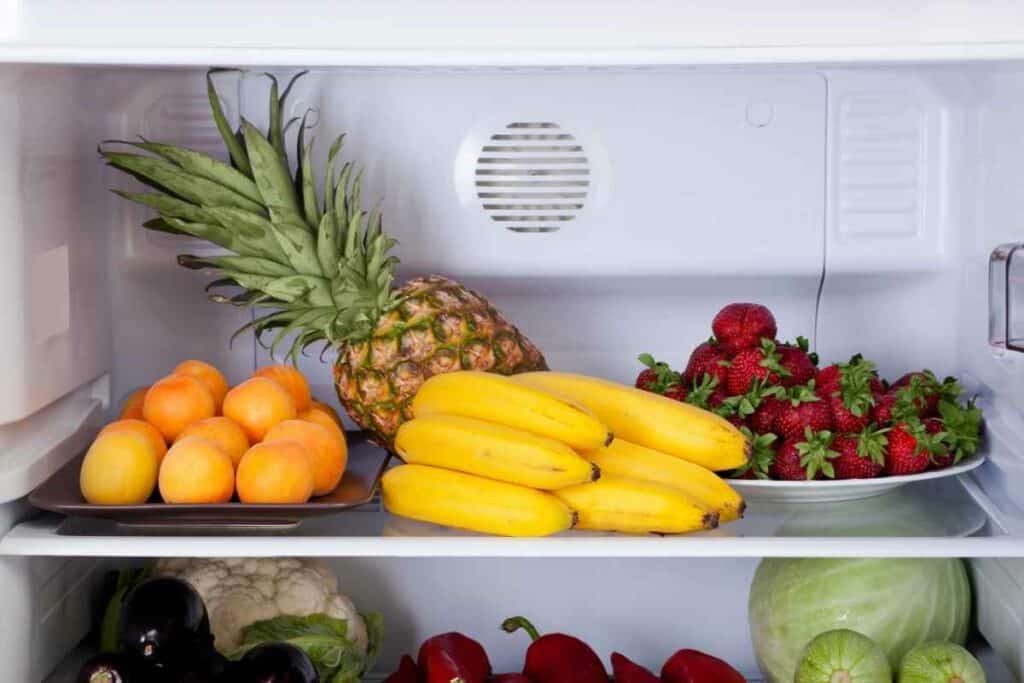
Remove them from the fridge a few hours before snacking, allow them to return to room temperature, and then enjoy. You can store ripe bananas in the refrigerator for at least one week.
Entirely Black Skin
Don’t be startled if your banana skin becomes entirely black, as it will almost certainly do.
This is due to the peel’s pigment turning black and having nothing to do with the banana’s natural freshness. The banana should still have a rich flavor and be somewhat firm.
In the fridge, ripe organic bananas will survive around 5 to 7 days.
Alternatively, if you wish to avoid skin discoloration, place the bananas in a plastic bag or sprinkle them with lemon juice and place them in the fridge.
What to Avoid: Do not refrigerate incredibly green, unripe bananas since the enzymes responsible for ripening are eliminated, and the bananas will remain unripe.
Final Thought
If you’ve ever bought organic bananas, you’ve probably observed that they don’t go bad as quickly as conventional bananas. That may appear strange to you.
After all, most people believe meals that stay the longest include synthetic preservatives and additives.
Unappealingly, under-ripe organic bananas will keep longer than ripe bananas.
If there are bruises, dark stains, blemishes, or puncture marks on the surface of the bananas, the ripening process is accelerated.
It would be best if you did not store Organic bananas in sealed bags.
The ethylene hormone will not escape from the air surrounding the bananas, causing them to brown faster. Therefore, minimizing their shelf life.
